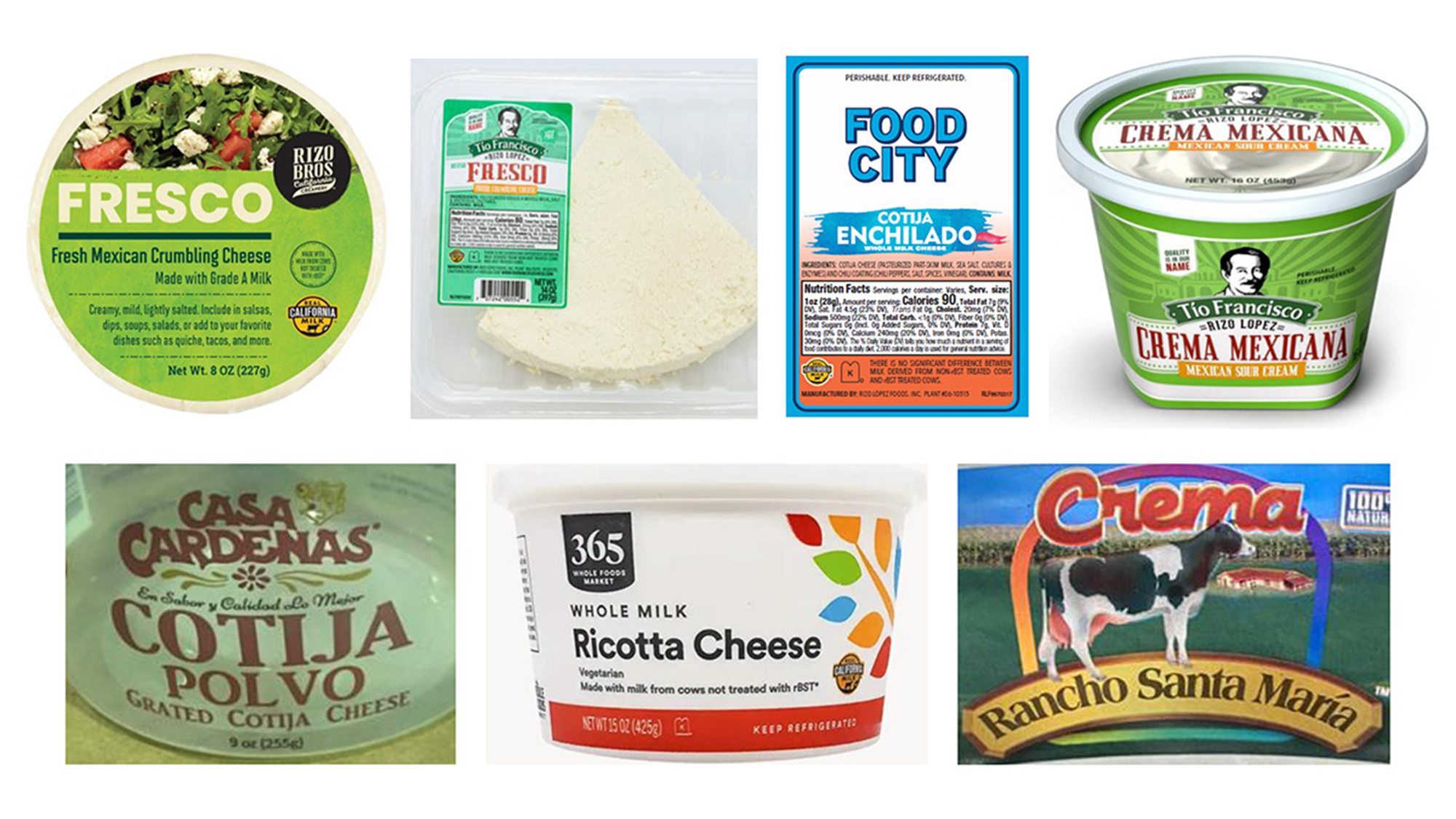Ramen listeria has become a significant concern in 2024, as food safety continues to be a priority for consumers worldwide. The rise in listeria outbreaks linked to various food products has prompted health organizations and manufacturers to reevaluate their practices. In this article, we will explore the implications of listeria contamination in ramen, discuss the risks involved, and outline safety measures to prevent infection. Understanding these factors is crucial for anyone who enjoys this beloved dish, ensuring that your ramen experience remains enjoyable and safe.
As we delve into the details, we will provide an overview of what listeria is, how it can contaminate food products, and the specific risks associated with ramen. Additionally, we will highlight best practices for consumers and manufacturers alike in order to mitigate these risks. Our goal is to equip you with the knowledge necessary to make informed choices regarding food safety and health in 2024 and beyond.
This article will serve as a reliable resource for anyone seeking to understand the complexities of ramen listeria. With a commitment to expertise, authoritativeness, and trustworthiness, we will present accurate information backed by reputable sources, allowing you to navigate the world of food safety with confidence.
Table of Contents
- What is Listeria?
- How Listeria Affects Food
- Ramen and Listeria Outbreaks
- Symptoms of Listeria Infection
- Prevention Measures for Consumers
- Manufacturers' Responsibilities
- The Future of Ramen Safety
- Conclusion
What is Listeria?
Listeria is a type of bacteria known for causing listeriosis, an infection that primarily affects pregnant women, newborns, the elderly, and individuals with weakened immune systems. This bacterium is often found in soil, water, and various animals, including livestock. Understanding listeria is essential for recognizing how it can contaminate food products, including ramen.
How Listeria Affects Food
Listeria can contaminate food at any stage of the production process, from farm to table. Here are some key points regarding its impact on food safety:
- It can survive and multiply in cold temperatures, making refrigeration ineffective in eliminating it.
- Cross-contamination can occur during food preparation, especially when using unclean utensils or surfaces.
- Processed meats, dairy products, and ready-to-eat foods are common sources of listeria contamination.
Ramen and Listeria Outbreaks
In recent years, several listeria outbreaks have been linked to various food products, raising concerns about ramen safety. Notable incidents include:
- In 2021, a significant outbreak was traced back to contaminated noodle products.
- Health officials reported cases of listeriosis associated with pre-packaged ramen bowls.
These incidents highlight the importance of monitoring food safety practices in the ramen industry.
Statistics on Ramen Listeria Cases
According to the Centers for Disease Control and Prevention (CDC), listeria infections result in approximately 1,600 cases annually in the United States, with about 260 fatalities. Understanding these statistics emphasizes the need for vigilance in food safety, particularly concerning ramen products.
Symptoms of Listeria Infection
Recognizing the symptoms of listeriosis is vital for timely treatment. Common symptoms include:
- Fever and chills
- Muscle aches
- Nausea and diarrhea
- Headache and confusion
In severe cases, listeriosis can lead to complications such as meningitis or septicemia, particularly in high-risk populations.
Prevention Measures for Consumers
Consumers play a critical role in preventing listeria contamination. Here are essential safety tips:
- Always check expiration dates on packaged ramen products.
- Store ramen at the proper temperature and avoid consuming expired products.
- Practice good hygiene during food preparation, including washing hands and surfaces.
- Cook ramen thoroughly before consumption to eliminate potential bacteria.
Manufacturers' Responsibilities
Food manufacturers must adhere to strict safety regulations to ensure the quality of ramen products. Key responsibilities include:
- Implementing stringent sanitation measures during production.
- Conducting regular testing for listeria in food products.
- Providing clear labeling and instructions for safe food handling.
By prioritizing safety, manufacturers can significantly reduce the risk of listeria contamination in ramen and other food products.
The Future of Ramen Safety
As awareness of food safety continues to grow, the ramen industry is likely to adopt more rigorous safety standards. Emerging technologies in food processing and tracking may also play a role in reducing the risk of listeria contamination. Continuous education for both consumers and manufacturers will be essential in creating a safer food environment.
Conclusion
In summary, understanding ramen listeria is crucial for ensuring food safety in 2024. By recognizing the risks associated with listeria, consumers can take proactive steps to protect themselves and their families. Manufacturers also share the responsibility of implementing rigorous safety measures to prevent contamination. We encourage you to stay informed about food safety practices and share this article with others to promote awareness. If you have any thoughts or experiences regarding ramen safety, feel free to leave a comment below!
Thank you for reading, and we hope to see you back for more insightful articles on food safety and health!
Ramen Noodle Recall List 2024: What You Need To Know
Gali Gool OnlyFans Leak: Everything You Need To Know
Dafne Keen Leaked Pics: Uncovering The Truth Behind The Controversy


